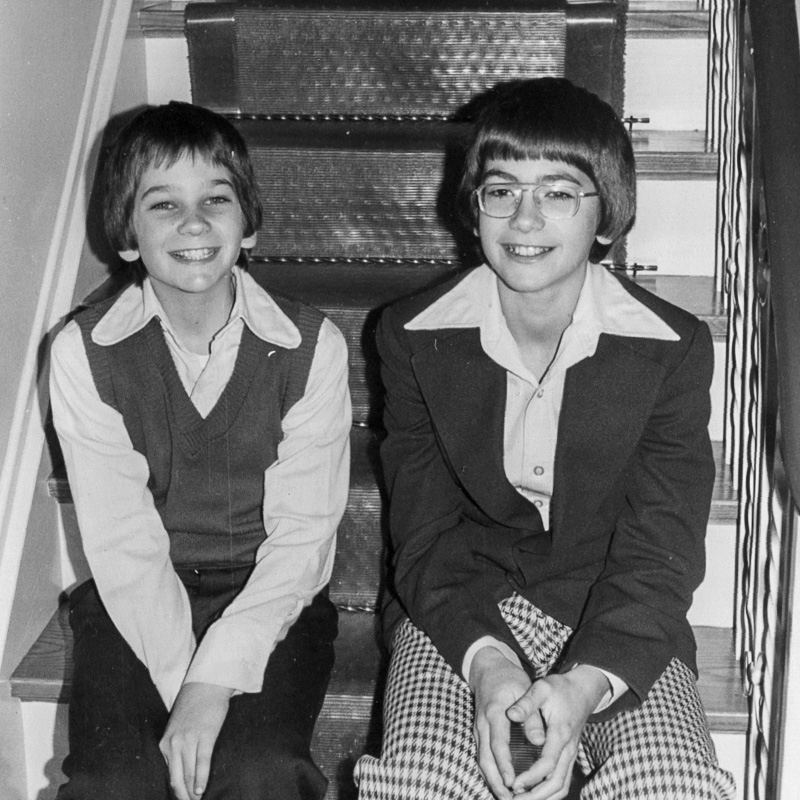
Remember
how we ran across the sand?
You and me? Hand in hand?
Down onto the flat where it was wet,
smoothed by the ebbing tide?
Mom warned of the undertow
so I squeezed tight because
I loved you, while Dad squeezed
the old super 8 because
he loved us both. Brush cut,
horned rims, plaid shorts
and pale knobby knees.
“Smile,” and sand filled his loafers.
Plastic buckets and shovels,
inflatable toys that went limp
in the sun, a plash at our toes,
but a low moan further out.
Remember
how Dad spent hours over the scope?
The right frame? The clean splice?
Spooling the film onto reels, packed
into metal canisters then stacked
on shelves in the basement?
We never watch Dad’s movies.
The casing on the super 8 is cracked,
the projector bulb burnt out.
You can’t get replacements anymore,
not even on e-Bay-and I don’t call,
you with your business, me with my cares.
Wouldn’t it be fun, one last time,
to run hand in hand to the water’s edge?
To hear the sea groan as the world wings
the moon around on a string?
I went back to the beach alone, barefoot
through the spray, with wind and roar.
Styrofoam bobbed on the waves,
spent condoms, like stranded squid,
gulls fought for hot dog remains,
scraps of foil exploded from their beaks.
I thought of mortgages and of car payments,
garbage strikes and composting,
Bluetooth and roaming charges,
gas mileage and life insurance,
and I wanted to take your hand,
to remember to you Mom’s words:
“Boys, beware the undertow!”
Notes:
In the June newsletter from Michael Moore I read: “It is with sad irony that the company which invented “planned obsolescence”—the decision to build cars that would fall apart after a few years so that the customer would then have to buy a new one—has now made itself obsolete.” But obsolescence isn’t just an economic ploy to promote consumption, nor is it just a cause among many causes for environmental despoliation. Obsolescence is an attitude. The prevalence of this attitude is evidence of the contempt we bear for our own memories.
Yes, we tend to look on our childhoods with nostalgia. The artifacts from those times (in my case, the sixties) bring up all kinds of associations and, depending on my mood, these associations can affect me quite powerfully. There are lots of times, too, when I look on my past with an ironic humour: “Could I once have looked like that? Did I really wear such clothes? Did we really use such klunky appliances?” I tend to look upon my past with an air of superiority. And yet … And yet … If it weren’t for the endless succession of consumables and the conviction, almost religious, that our material circumstances mark our progress, would we really take such a view of our childhoods?
As you might have suspected, I address this to my brother—or at least a fictionalized version of him, since I have no specific memory of holding his hand and running together with him on a beach. But the details don’t matter.
John was the cute one. I was the older, serious one, and, as you’d expect of an older sibling, I felt protective of him. John hardly needs my protection now, but that feeling hasn’t gone away, nor do I expect it ever will. It just gets expressed differently. To the extent that a poem is ever for anything, I guess that’s what this poem is for.